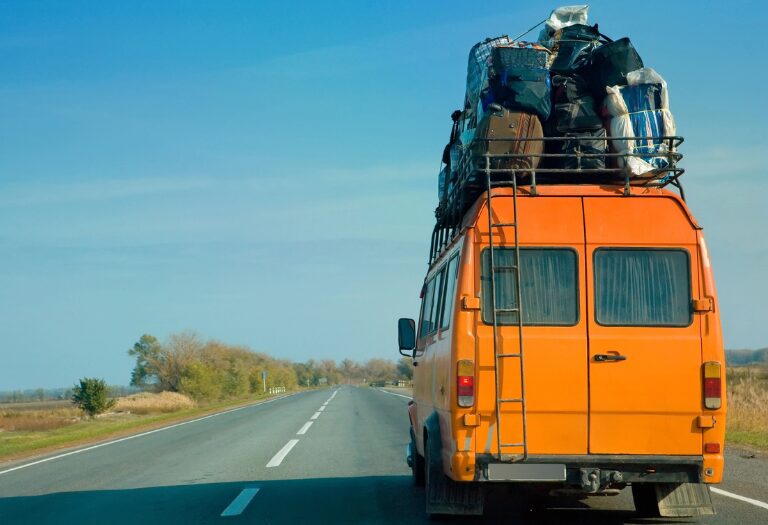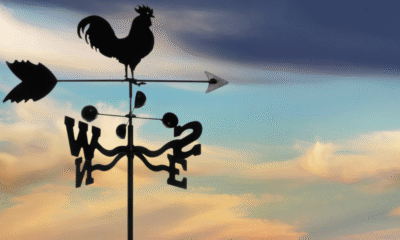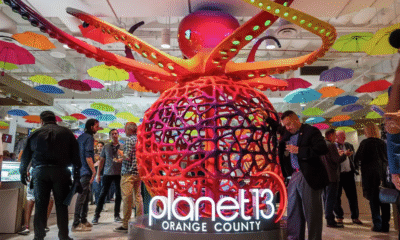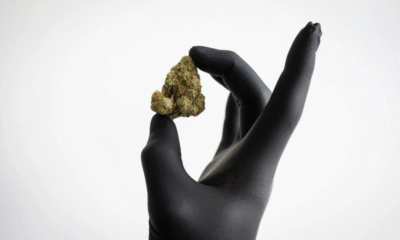Our friends at Harris Bricken are looking at interstate commerce on the West Coast
A cannabis wholesaler in Oregon late yesterday afternoon Jefferson Packing House Company (JPH) has filed another dormant commerce challenge (DCC) against the state’s protectionist cannabis laws. You can view the complaint here. I say “another” DCC challenge because JPH launched DCC litigation in late 2022; and also because several DCC cannabis lawsuits have been filed in recent years, with some successful recently.
What is the dormant commerce provision and how does it relate to government cannabis programs?
The DCC is an implicit constitutional principle derived from the Commerce Clause. It prohibits states from enacting laws that discriminate against or unduly burden interstate commerce. The DCC applies even where Congress has not enacted a law governing the trade area.
The policy here is to prohibit government protectionism and maintain the competitiveness of open markets. If a statute is discriminatory, the state has the legal burden to justify the local benefits that flow from the statute and to show that the state has no other means of promoting legitimate local goals. If the state fails to do so, if it is held accountable (sued by injured parties), its law will be struck down.
State marijuana programs uniformly prohibit the sale of hemp in and out of state. In many cases, they also contain other exclusionary rules. Chief among these are rules that prohibit non-residents from owning local cannabis businesses. But really the big kahuna is the interstate sale of marijuana.
Ultimately, the fundamental question is this: Does the DCC protect interstate commerce in controlled substances even though Congress prohibits the activity?
What have the courts done with the DCC cannabis lawsuits to date?
It was ambiguous. However, as I review the cases, I would hold that the DCC applies to state marijuana programs and that states cannot enact protectionist laws. Second Circuit Court of Appeals just said that in the case of New York, as does the First Circuit a few years agoas to Maine. Federal District Courts in Maryland and Michigan and Missouri also found that the DCC applies to state and local marijuana programs.
Other courts, such as the Western District of Washington, have ruled otherwise, writing in one case that “citizens have no legitimate interest in participating in the federal illegal market”; and explains in another that declaratory relief was not available for the same reason.
The latter category of cases is still pending: the most compelling here Peridot Tree Inc. against the city of Sacramento. In short, the plaintiffs lost in district court, but appealed to the Ninth Circuit Court in November 2024. The ruling there could have major implications for the JPH case filed last night.
How is the JPH case different in Oregon?
All of the cases mentioned above are a problem for state or local laws that require cannabis business owners to be residents. No one dared to challenge state regulations prohibiting the sale of marijuana outside the state. The JPH case does just that, both for marijuana and for hemp products, which fall under the definition of “articles of marijuana” under Oregon law.
JPH’s reasoning for overturning the ban on interstate sales is similar to DCC’s arguments in the cases discussed above. However, JPH is really going for it. A ruling that the interstate sale of legal marijuana must be authorized by the DCC would be extraordinary.
What happened to the first case of JPH in 2022?
The first JPH case was filed in late 2022 fired in early 2024. He was dismissed by JPH voluntarily and essentially for political reasons. I have a little more information, but I have to say less. Suffice it to say for now that JPH can file again, and I don’t anticipate any problems for procedural or standing reasons.
What happens if JPH wins?
This is a very interesting question, and I have not considered it fully. Oregon, of course, would have had the right to appeal, and probably would have; and it’s entirely possible that the Ninth Circuit will take over the case. The final stop will be the US Supreme Court, although a very small percentage of federal cases make it there.
If Oregon’s laws banning the interstate sale of cannabis are repealed, some important questions include:
- Which state or states will also change their laws, voluntarily or otherwise, and accept cannabis from Oregon operators?
- What impact will interstate sales have on the Oregon market? (Presumably, Oregon would also have to accept marijuana from other states.)
- What upward pressure, if any, will the administration put on Congress to finally act?
Who is behind the JPH case?
As mentioned above, JPH is a licensed cannabis wholesaler in Oregon. The company’s lawyer is a talented judge, Andrew DeWeese. Andrei is a friend of the law firm and my former neighbor down the road. Many thanks to Andrew for sharing an advance copy of this well-written complaint with me last week. And good luck.
Source: Legal Canna Blog

 Cannabis News6 months ago
Cannabis News6 months ago
 Florida6 months ago
Florida6 months ago
 Video5 months ago
Video5 months ago
 Best Practices6 months ago
Best Practices6 months ago
 Video6 months ago
Video6 months ago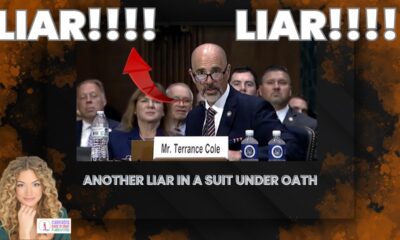
 Video6 months ago
Video6 months ago
 Video6 months ago
Video6 months ago
 aawh6 months ago
aawh6 months ago
